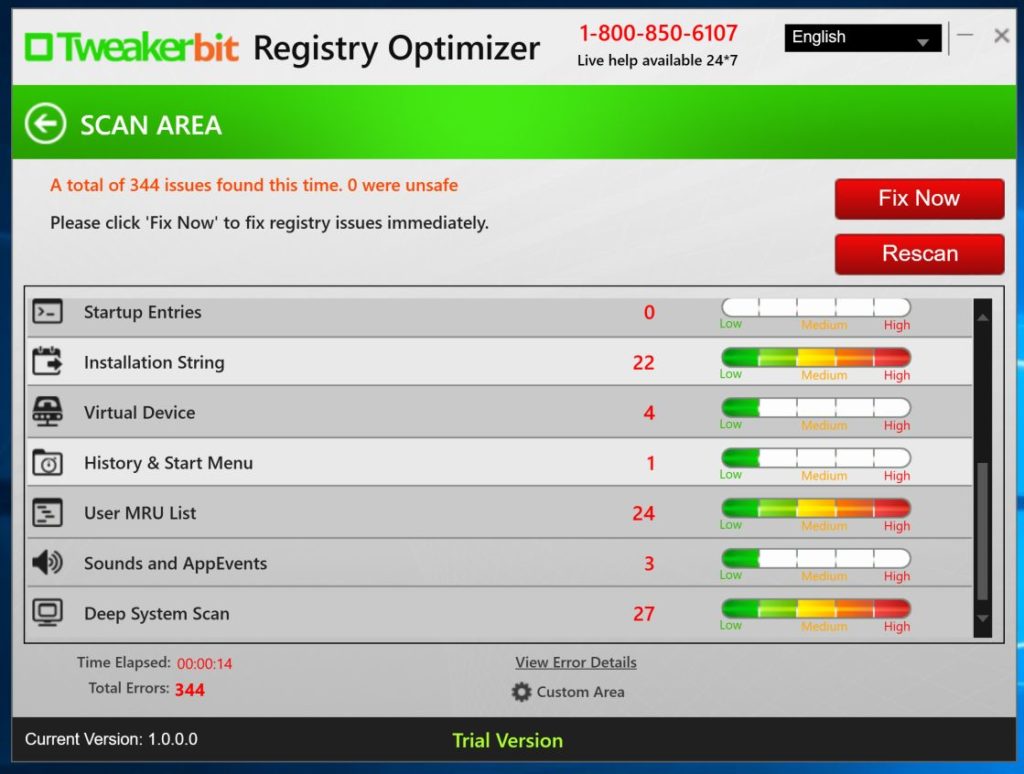A 19-year old teenager from Sydney, Australia has been arrested by the Australian Federal Police (AFP) for allegedly attempting to extort 93 Optus costumers whose personal information was compromised by last month’s data breach. The suspect sends threatening SMS to the victims demanding AUD $2000 to be transferred to his Commonwealth Bank of Australia account else risk their details to be misused for fraudulent activities. The AFP identified the account and was able to obtain info from the bank regarding its holder. It executed a search warrant at the offender’s home in Rockdale, a southern Sydney suburb, leading to the seizure of the mobile phone used to send the text scam.
The suspect has been charged with the following two offenses:
a. Using a telecommunication network with the intent to commit a serious offence, contrary to section 474.14 (2) of the Criminal Code Act 1995 (Cth), where the serious offence is blackmail, contrary to section 249K of the Crimes Act 1900 (NSW). This offence is punishable, upon conviction, by a penalty not exceeding that of the serious offence, being a maximum penalty of imprisonment for 10 years; and
b. Dealing with identification information, contrary to section 192K of the Crime Act 1900 (NSW). This offence is punishable by a maximum penalty of imprisonment for 7 years.
Luckily, none of those customers who received the said text messages transferred money to the scammer’s account.




